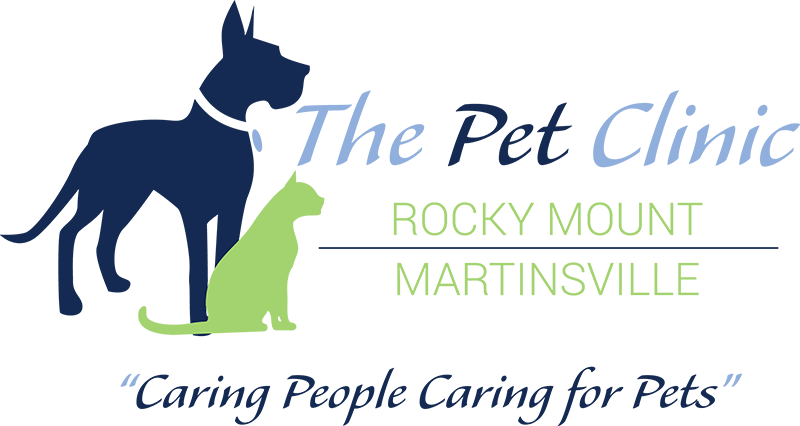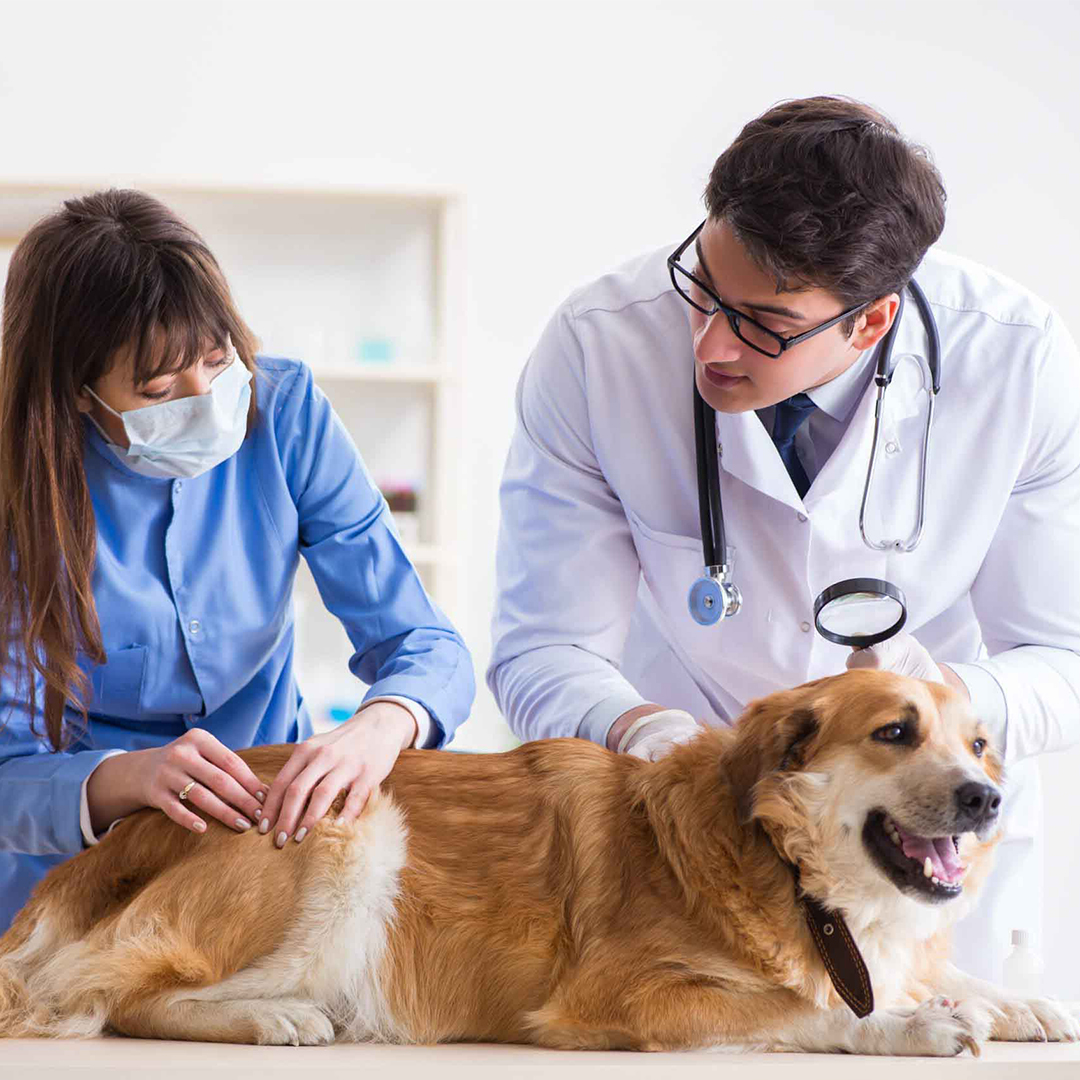Pet Diagnostic Services
At The Pet Clinic of Rocky Mount, accurate diagnostics are key to how we provide the best care for your pets. Our advanced diagnostic services help us detect, diagnose, and treat health issues effectively.
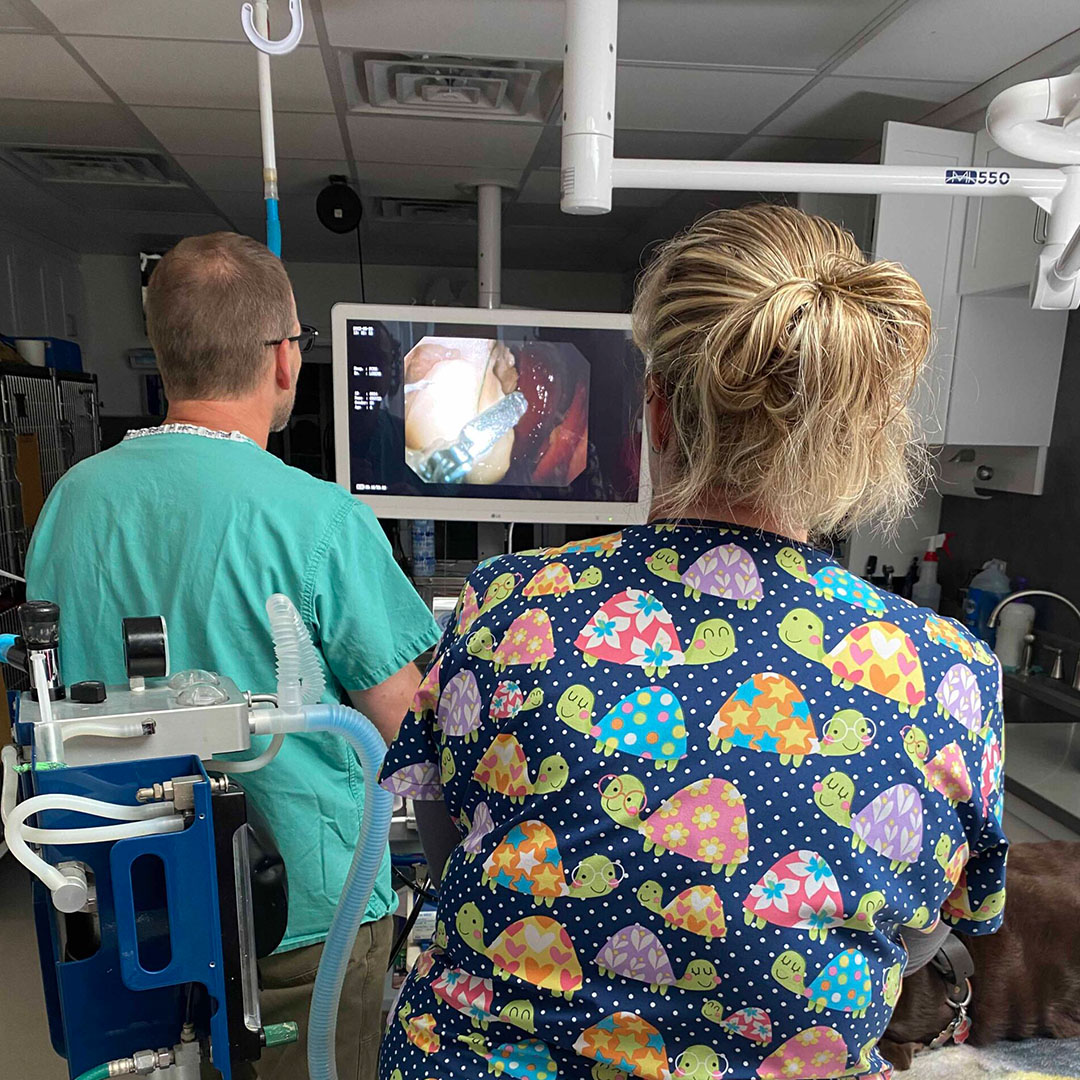
Why Choose Our Pet Diagnostic Services?
Our veterinary team is dedicated to offering precise and comprehensive diagnostic services. We employ various techniques to ensure your pet receives the best possible care.
Benefits of Our Diagnostic Services
Our diagnostic services provide numerous benefits for your pet’s health:
- Early Detection: Identifies health issues before they become severe.
- Accurate Diagnosis: Ensures precise identification of health problems.
- Timely Treatment: Allows for quicker intervention and treatment.
Pet Diagnostic Services Offered
Pet Radiology and Ultrasounds
Radiographs (X-rays) are used to evaluate and diagnose problems within your pet’s organ system, including the heart, lungs, and abdomen, as well as orthopedic problems with the bones and spine. These problems can diagnose many conditions, such as fractured bones, cancerous tumors, enlarged heart, stones within the urinary tract, arthritis, pneumonia, and more.
Ultrasound is an advanced, non-invasive diagnostic imaging technique that is painless. A computer image is displayed using sound waves that help us evaluate the liver, spleen, kidneys, adrenal glands, lymph nodes, gall bladder, and urinary bladder. Ultrasound can be used to avoid unnecessary surgery as it allows us to detect the spread of cancer.
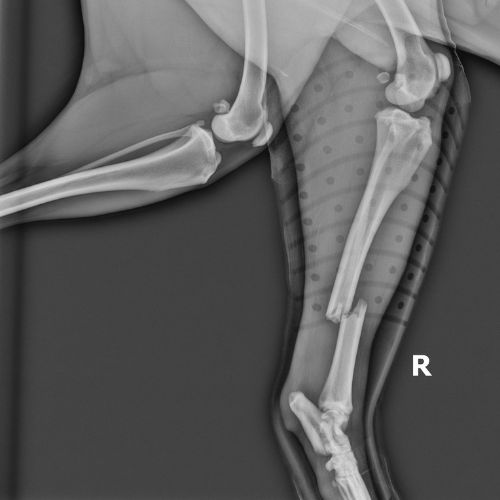
Pet Endoscopy
An endoscopy is a procedure where our veterinarian inserts an endoscope—a tubular instrument with a tiny camera and light on an end—into an opening of the pet’s body. The point of this tool is to examine your pet’s stomach and small intestine, as well as locate and even retrieve foreign objects without surgery. This allows us to diagnose any gastrointestinal conditions, like inflammatory bowel disease and gastrointestinal lymphoma.
General anesthesia is required for pets since they don’t typically understand that this seemingly intrusive procedure is trying to help them instead of hurt them. During this procedure, the endoscope is inserted through the mouth, passing through the esophagus and into the stomach. With the help of the small camera, the doctors are able to examine the stomach for any abnormalities. After this, the scope then travels to the upper portion of the small intestine. This is so we can examine the GI (gastrointestinal) tract.
During this time, we also take multiple tissue samples for a biopsy. This is obtained from the stomach and small intestine and is typically submitted for a histopathology or microscopic analysis in order for us to confirm our diagnosis. These samples are extremely small and don’t cause harm or require any sutures. Once this is obtained, the scope is removed, and the procedure is finished.
If you have any questions regarding this service, don’t hesitate to contact your Rocky Mount veterinarian, Dr. Eric Lorens, to schedule a consultation.
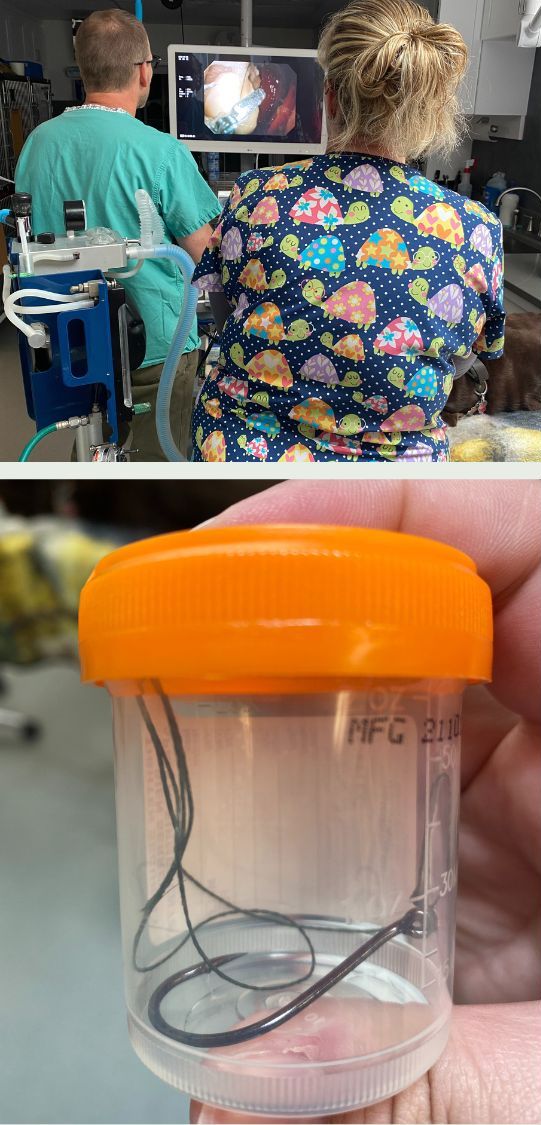
Pet Laboratory Testing
Unfortunately, your pet cannot speak about discomfort, sickness, or complex matters. This is why it’s essential to get regular exams and do routine blood testing and diagnostic testing. We are equipped with a sophisticated diagnostic testing laboratory.
Some of the more common tests we perform are urinalysis, fecal examinations, blood chemistry panels, complete blood counts, and heartworm testing. In case of emergency, additional tests may be required. We can evaluate kidney and liver function, blood sugar, and electrolytes in a matter of minutes.
